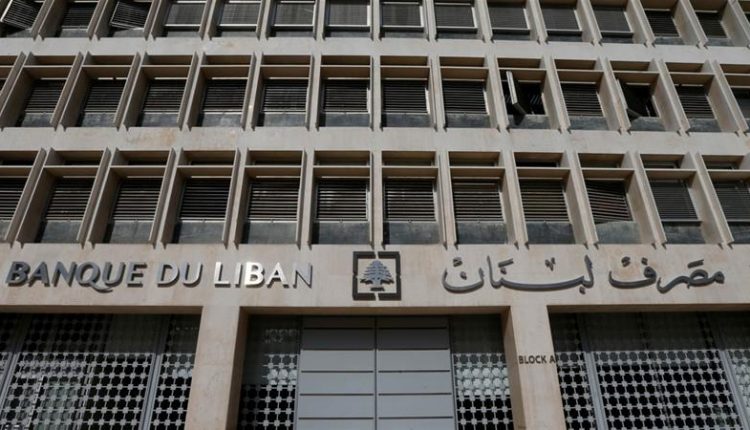An economic rescue plan that will form the basis of Lebanon’s talks with the International Monetary Fund (IMF) was panned by banks on Friday as one that would “further destroy confidence” in the country.
The rescue plan, approved by Diab’s government on Thursday, sets out tens of billions of dollars in financial sector losses and tough measures to claw out of a crisis that has seen the currency crash, unemployment soar, Lebanon default on its sovereign debt and street protests.
Some economists and diplomats welcomed the plan as a critical first step to recovery, but they were sceptical that ambitious reforms to cut public sector spending and overhaul the banking sector could be enacted after years of feet dragging.
“This means the onset of serious negotiations with the IMF so this is very important and good news because it removes a lot of uncertainty. Having said that, the issue in Lebanon has always been one of execution,” former economy minister Nasser Saidi said of the 53-page plan.
Lebanon’s banking association said it could in “no way” endorse a plan it was not consulted on despite being “a key part of any solution”.
A central plank of the plan rests on covering financial sector losses of roughly $70 billion in part by a bank shareholder bail-in that would wipe out their capital and cash from large depositors that would be restored later.


